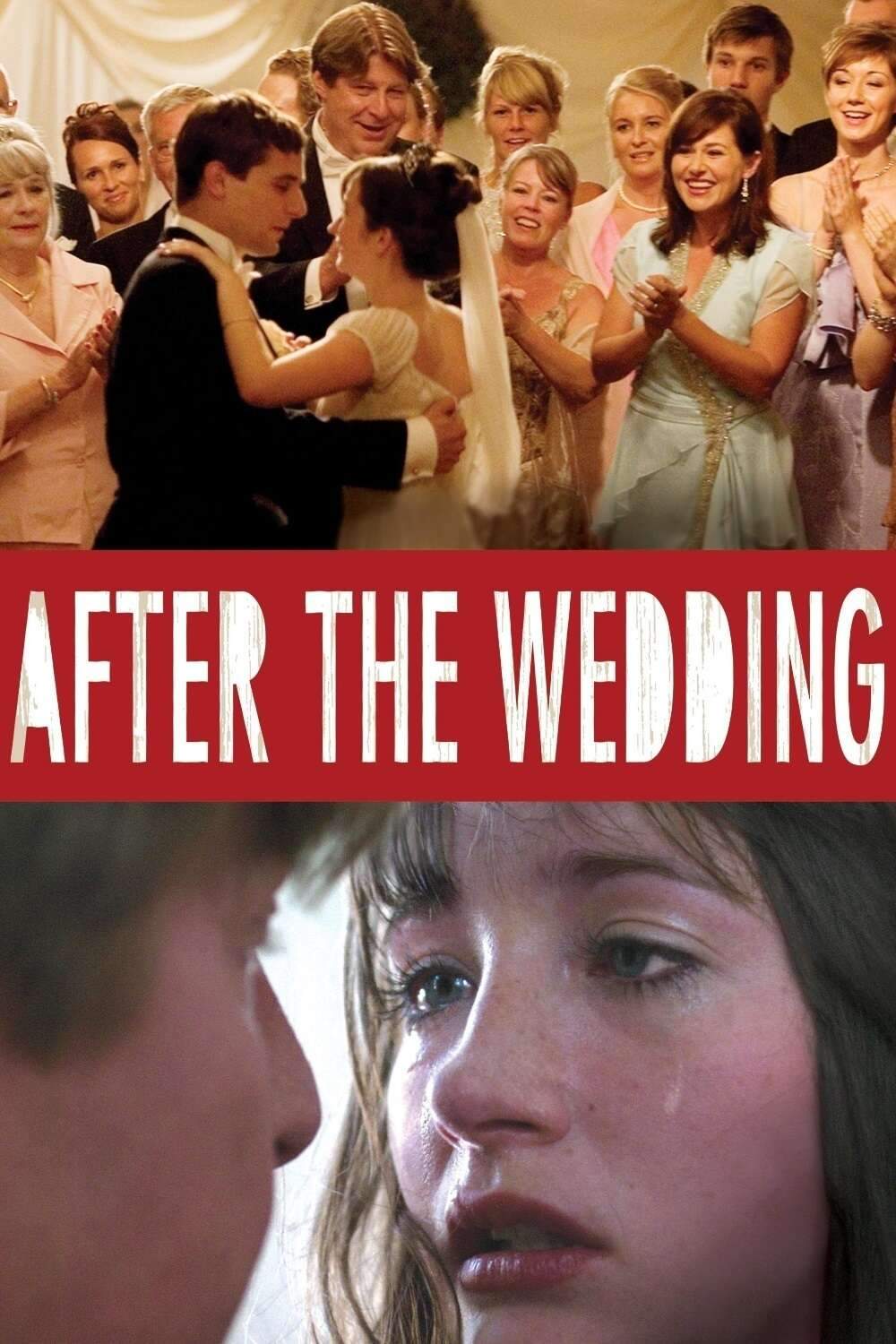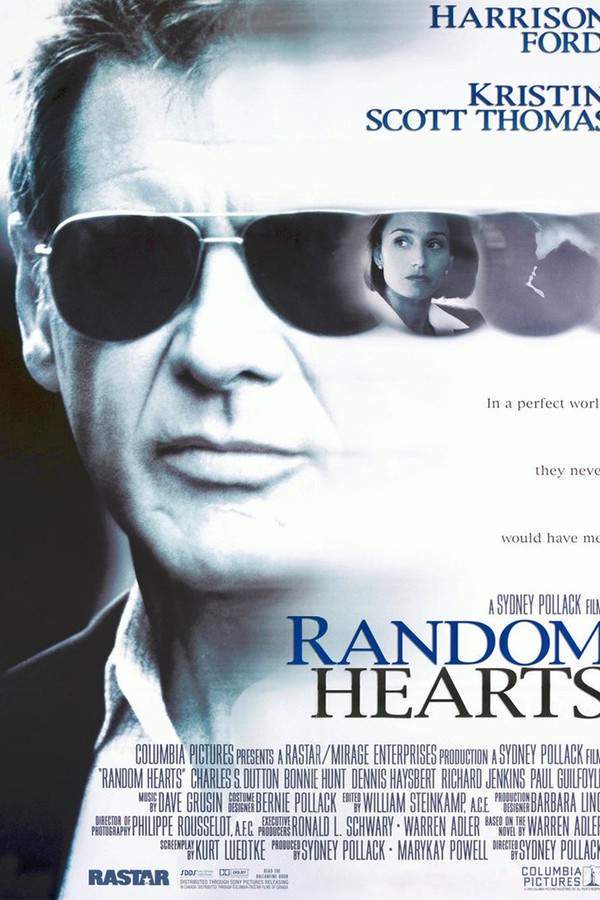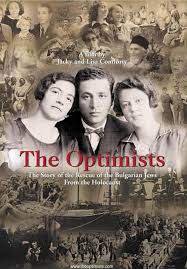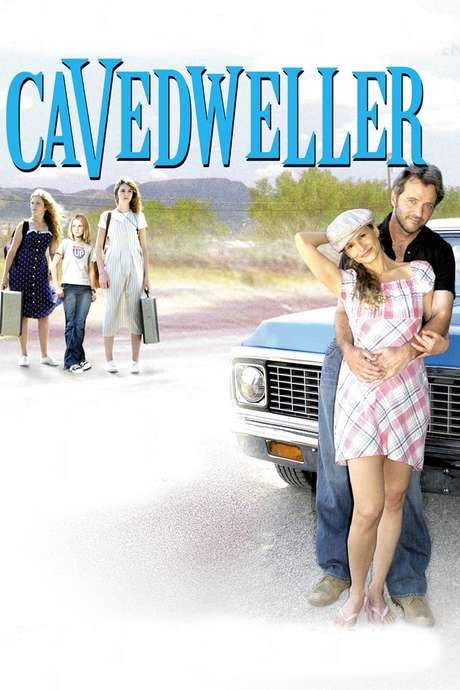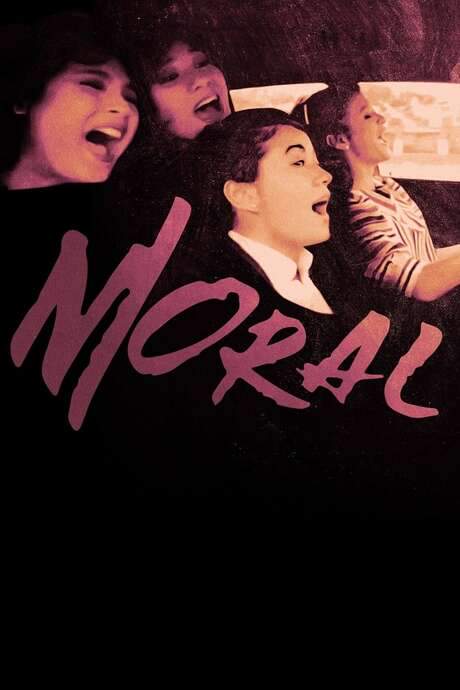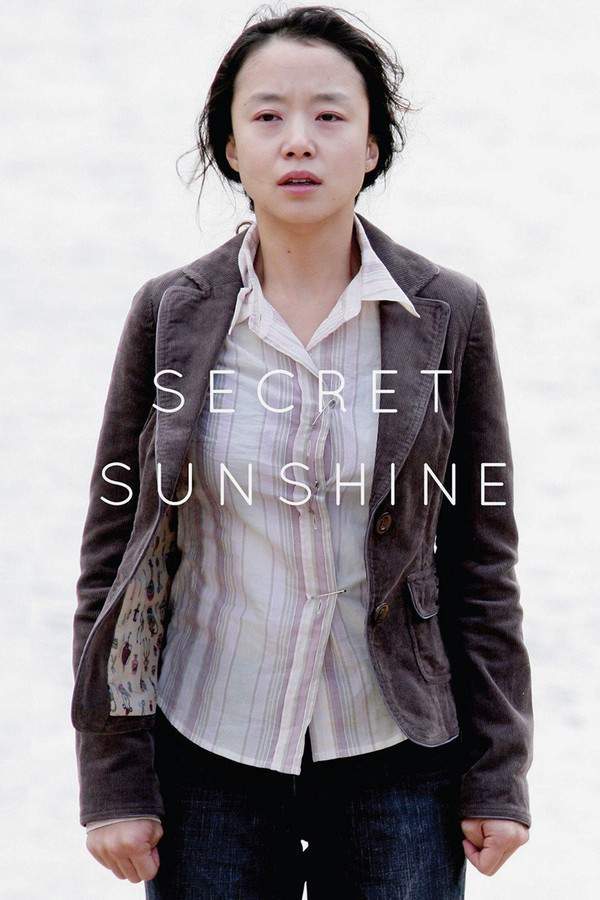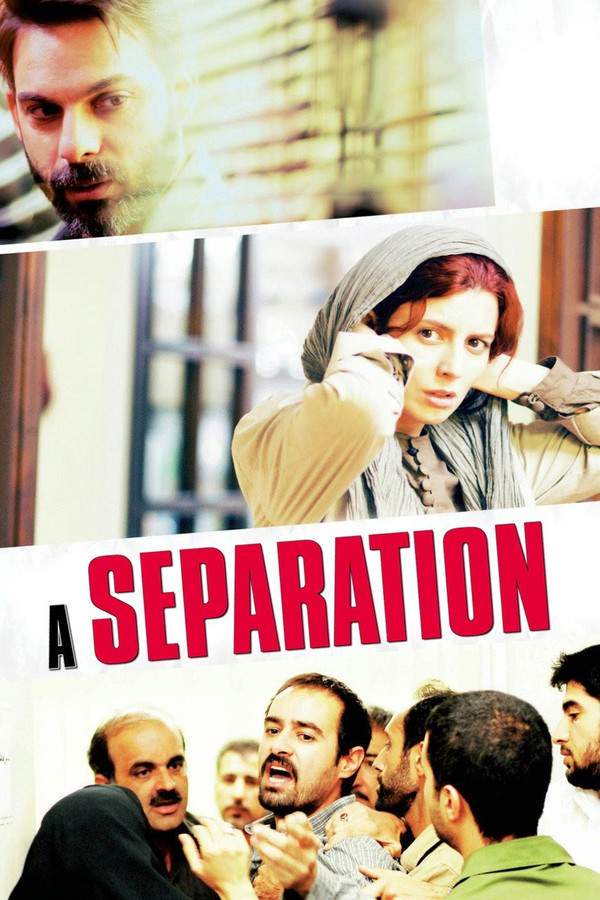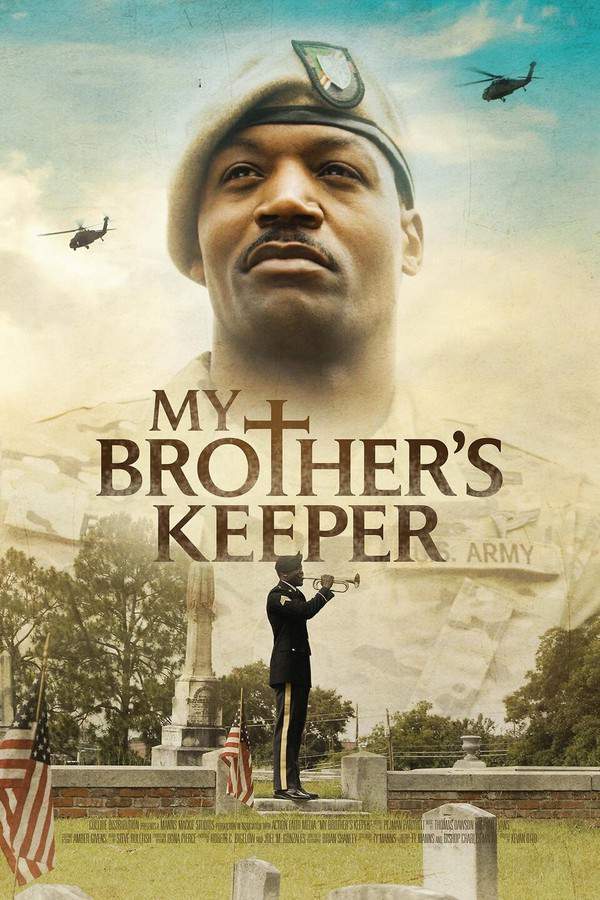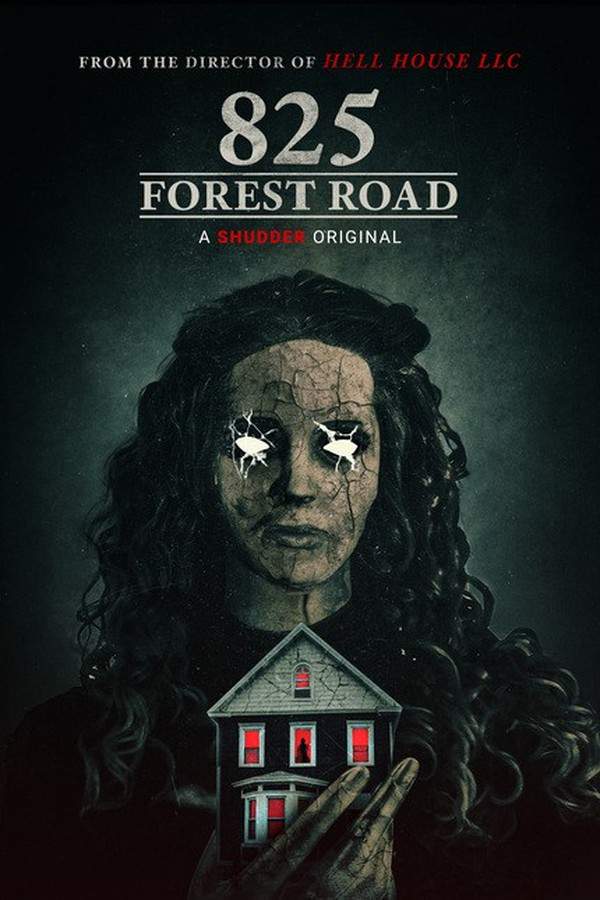
Mother Küsters Goes to Heaven
Year: 1975
Runtime: 108 mins
Language: German
Director: Rainer Werner Fassbinder
After a worker kills a superior and commits suicide, each of his family members attempts to forge a path forward in life.
Warning: spoilers below!
Haven’t seen Mother Küsters Goes to Heaven yet? This summary contains major spoilers. Bookmark the page, watch the movie, and come back for the full breakdown. If you're ready, scroll on and relive the story!
Mother Küsters Goes to Heaven (1975) – Full Plot Summary & Ending Explained
Read the complete plot breakdown of Mother Küsters Goes to Heaven (1975), including all key story events, major twists, and the ending explained in detail. Discover what really happened—and what it all means.
Emma Küsters, a working-class woman in Frankfurt, leads a modest life at home with her son and daughter-in-law while she quietly pounds away at cottage-industry work assembling electric plugs. The stability of her day-to-day existence is shattered when she learns that her husband Hermann, a tire-factory worker, has killed his supervisor (or the supervisor’s son) and then taken his own life—an act that appears to be driven by the tremors of layoff announcements and the creeping threat of economic insecurity.
A wave of reporters descends on the family, weaponizing the tragedy for sensational headlines and TV soundbites. Emma finds little comfort from her son Ernst or from Helene, who retreats on holiday, and even from her daughter. Desperate for answers and a sense of justice, she turns to Karl Tillmann Karl Tillmann and Frau Thälmann Frau Thälmann, two members of what turns out to be the German Communist Party (DKP). The two greet her at Hermann’s funeral and invite her into their home, a space Emma begins to see as a possible avenue for making sense of the upheaval around her.
The Communists see her husband as a revolutionary-turned-victim of a brutal capitalist system, but Emma herself is skeptical. Her daughter Corinna Corinna cautions her to stay away, pointing out the gulf between the comforts enjoyed by those in power and the harsher reality faced by workers in the East. An article about the tragedy by Jörg Niemeyer Jörg Niemeyer, a photojournalist who has lingered on the family’s story, stirs Emma’s curiosity and complicates her loyalties—her daughter’s defense of Niemeyer, grounded in the idea of him “earning a living,” adds another layer to the moral puzzle.
Back at the factory, Emma discovers that the pension scheme will not apply to her case, and the workers’ council and the company board appear to be aligned on the matter. The family fractures: the daughter leaves, Ernst and Helene return from holiday with plans to set up home on their own, and Helene’s pregnancy creates tension within the household. Emma, uneasy with the passivity she perceives in the Communist party, grows intrigued by Karl’s newspaper piece but fails to find the margin she seeks within their structuring. Her search for meaning pushes her toward a broader, more radical answer.
A young paper seller, who promises to stand by her in clearing her husband’s name, becomes a lure toward a different political current. Emma’s appetite for action intensifies as she finds the Communists’ tactics too restrained and too slow for her sense of justice. She crosses over to a small group of anarchists—a smaller faction, but one that claims to embody more spirit and urgency—and the film charts how this shift unsettles her relationships and alters the trajectory of her grief.
The story ultimately unfolds in two endings, a deliberate choice by Fassbinder that underscores the film’s central inquiry. In the first ending, Emma’s disillusionment with the political establishment grows as she becomes drawn to more aggressive, organized movements, highlighting the bloodthirstiness that the media of 1970s Germany can cultivate when chasing a sensational narrative. In the second ending, Emma aligns with a marginal anarchist faction, an option that amplifies her sense of autonomy even as it alienates those around her. Fassbinder’s critique extends beyond the media’s hunger for drama; it casts a caustic eye on a society dominated by self-interest and a chilling reluctance to offer genuine solidarity to a grieving mother.
Throughout, the film casts a wary light on the moderation and “armchair activism” of the small German Communist Party, juxtaposing Emma’s personal tragedy with a broader commentary on how political groups, media, and everyday bystanders respond to catastrophe. The result is a stark, unsentimental portrait of a woman navigating grief, loyalty, and the competing pressures of ideology, work, and survival in a society renowned for its contradictions.
Last Updated: October 09, 2025 at 09:20
Explore Movie Threads
Discover curated groups of movies connected by mood, themes, and story style. Browse collections built around emotion, atmosphere, and narrative focus to easily find films that match what you feel like watching right now.
Movies about political disillusionment like Mother Küsters Goes to Heaven
Stories where personal tragedy becomes a lens for societal critique.If you liked the way Mother Küsters Goes to Heaven uses a family's grief to examine political failure, you'll find similar stories here. These movies explore how personal tragedy intersects with media sensationalism and ideological exploitation, often with a somber and critical tone.
Narrative Summary
Narratives typically begin with a catalyzing personal or social crisis that propels a protagonist into the political arena. They encounter various factions, each seeking to co-opt their suffering for their own ends, leading to a journey that reveals the hypocrisy and limitations of these ideologies rather than offering genuine solace or change.
Why These Movies?
They are grouped by their shared focus on the individual's desperate search for meaning within broken systems, a steady pacing that allows for methodical societal critique, and a tone that blends the bitterness of failed ideals with the weight of personal loss.
Movies about family fracture after trauma like Mother Küsters Goes to Heaven
Explores how a single catastrophic event fractures a family's foundation.For viewers who appreciated the raw portrayal of a family unraveling after a suicide in Mother Küsters Goes to Heaven, this thread features similar intense dramas. These stories examine grief, alienation, and the desperate attempts to find a new normal in the shadow of overwhelming loss.
Narrative Summary
The story structure is often an ensemble piece, splitting to follow different family members after a shared trauma. Each character's journey highlights a unique coping mechanism or failure, depicting how grief isolates even those who should be closest, and whether any semblance of unity can be rebuilt from the pieces.
Why These Movies?
They share a high-intensity emotional core driven by themes of grief and loss, a steady pacing that allows for deep character exploration, and a heavy, often bittersweet or ambiguous tone that reflects the complexity of healing and the permanence of scars.
Unlock the Full Story of Mother Küsters Goes to Heaven
Don't stop at just watching — explore Mother Küsters Goes to Heaven in full detail. From the complete plot summary and scene-by-scene timeline to character breakdowns, thematic analysis, and a deep dive into the ending — every page helps you truly understand what Mother Küsters Goes to Heaven is all about. Plus, discover what's next after the movie.
Mother Küsters Goes to Heaven Timeline
Track the full timeline of Mother Küsters Goes to Heaven with every major event arranged chronologically. Perfect for decoding non-linear storytelling, flashbacks, or parallel narratives with a clear scene-by-scene breakdown.

Characters, Settings & Themes in Mother Küsters Goes to Heaven
Discover the characters, locations, and core themes that shape Mother Küsters Goes to Heaven. Get insights into symbolic elements, setting significance, and deeper narrative meaning — ideal for thematic analysis and movie breakdowns.

Mother Küsters Goes to Heaven Spoiler-Free Summary
Get a quick, spoiler-free overview of Mother Küsters Goes to Heaven that covers the main plot points and key details without revealing any major twists or spoilers. Perfect for those who want to know what to expect before diving in.

More About Mother Küsters Goes to Heaven
Visit What's After the Movie to explore more about Mother Küsters Goes to Heaven: box office results, cast and crew info, production details, post-credit scenes, and external links — all in one place for movie fans and researchers.


